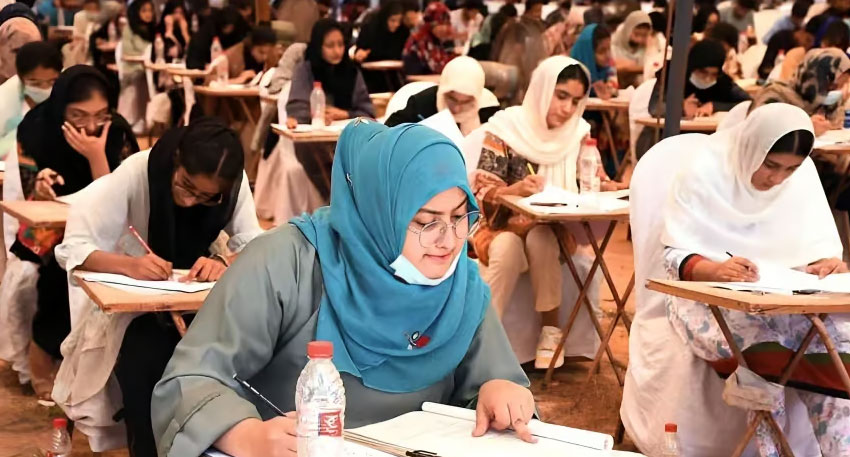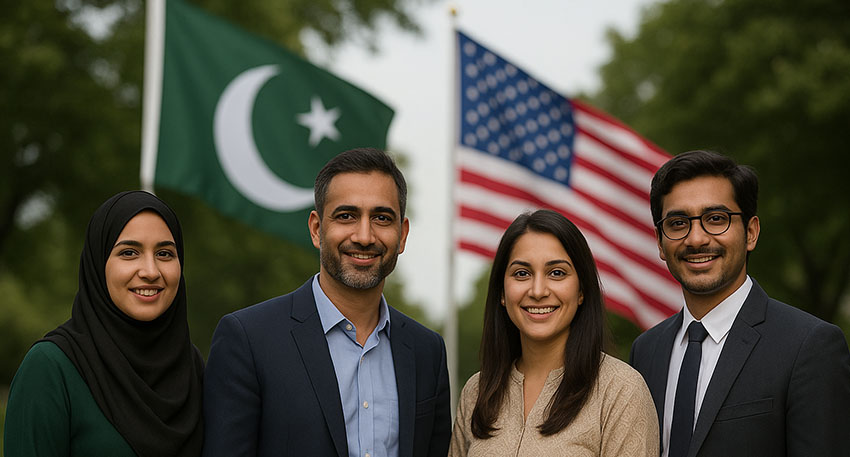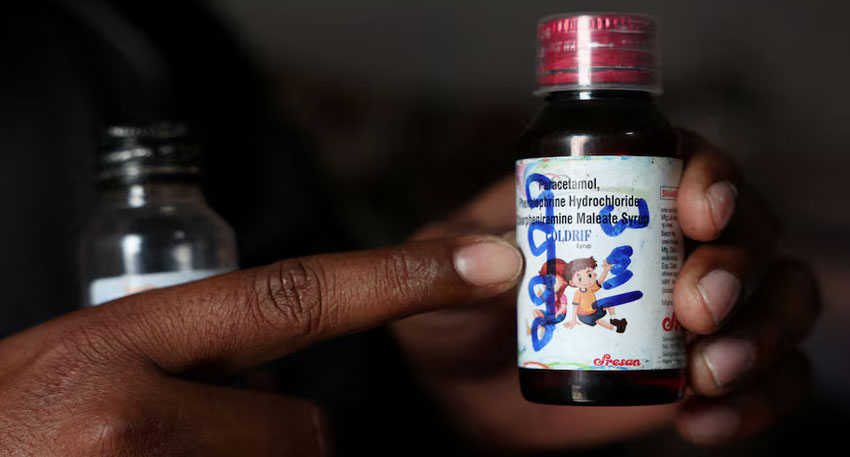
The National Assembly Standing Committee on National Health Services has raised serious concerns over Pakistan’s current medical admission system, calling for urgent reforms to ensure fairness and transparency. In a key meeting, committee members questioned the decision to keep MDCAT results valid for three years, arguing that the test’s difficulty level varies annually and creates an uneven playing field for applicants. They stressed that the admission process must be consistent, clearly defined, and equitable for all students.
A major issue discussed was the growing number of vacant seats in both public and private medical colleges. Members noted that seats often remain unfilled because students frequently shift to other institutes or opt for different programs, leaving many positions empty by the time admissions conclude. The committee viewed this as a significant loss for educational institutions and the healthcare sector.
To address the problem, the committee directed the Health Minister to prepare a comprehensive, actionable plan within two days. The plan must be developed in consultation with the Pakistan Medical and Dental Council (PMDC) and vice chancellors of medical universities to ensure effective and coordinated solutions.
Also Read: USA opens fully funded fellowship for mid-career Pakistani professionals
The panel also highlighted the long-standing difficulties faced by O Level and A Level students in securing IBCC equivalency. Members said that unclear guidelines and inconsistent calculation methods create confusion, stress, and a sense of unfairness among foreign-qualified students.
To resolve the issue, the committee instructed its members to meet IBCC officials directly and work toward a transparent, student-friendly equivalency system.




